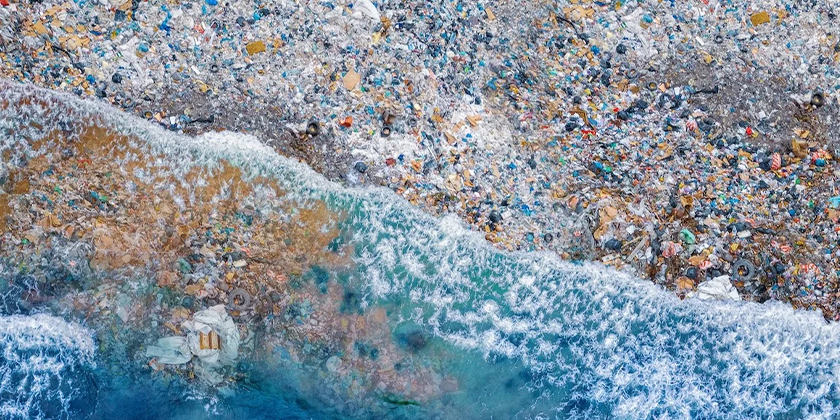The Global Plastics Treaty zero draft has transformative potential but negotiators must map a clear path to implementation
-

-
Chever Voltmer
-
September 20, 2023
-
3 min read

Chever Voltmer
September 20, 2023
3 min read


Earlier this month, the zero draft text of the international legally binding instrument on plastic pollution, including in the marine environment (commonly known as the Global Plastics Treaty), was released. The draft lays the foundations for the upcoming Intergovernmental Negotiating Committee meeting (INC-3) in November. Perplexing name aside, the zero draft is really just an attempt to capture all of the suggestions made by negotiators to date.
Even so, some of the zero draft proposals would be transformative if approved. Negotiators will begin discussions to reach consensus at INC-3, with civil society observers advocating fiercely for their priorities. To date, much of the energy for an ambitious agreement has rightly been directed at the so-called “first workstream,” which is focused on objectives, scope, core obligations, and control measures.
This is good news. However, the “second workstream,” which includes implementation, financing, assessment of progress, and stakeholder engagement is equally important. To realize an ambitious agreement, negotiators must map out a clear path for implementation by adopting similarly visionary provisions.
The climate space offers some instructive lessons. Despite years of international efforts to reduce greenhouse gas (GHG) emissions, there are still huge gaps between what parties to the agreement self-report as their GHG emissions and what satellites record for the same metric. The result: parties report progress on meeting their GHG targets even as objective measurements of the same information show the opposite.
For plastics, there is still time for a different approach. Monitoring and evaluation of the agreement should use the best science available – regardless of its source. There is already some great research being done in this space, including by The Circulate Initiative and its partners, but there is still a need for additional tools to establish baselines and measure progress. This cannot be an afterthought and that work should start now.
A zero draft proposal to establish a global fund financed by a fee on plastic pollution would be a major advance in harnessing the “polluter pays” principle. However, additional innovation is needed with regard to the governance of such a fund. Stakeholders most impacted by plastic pollution, including informal sector workers, frontline and fenceline communities, and indigenous peoples, should have a say in the disbursement of such a fund to ensure it reaches those who need it most.
The Circulate Initiative has done considerable work on financing that could help with this challenge, as well as the recently launched Responsible Sourcing Initiative, which is mobilizing stakeholders – global brands, investors, recycling and collection companies, and waste workers’ associations – to ensure that plastic waste supply chains not only support recycled plastics and facilitate circularity, but also safeguard the rights of informal workers. As negotiations advance, The Circulate Initiative will continue its research and programmatic work to support an agreement that can achieve its objectives.